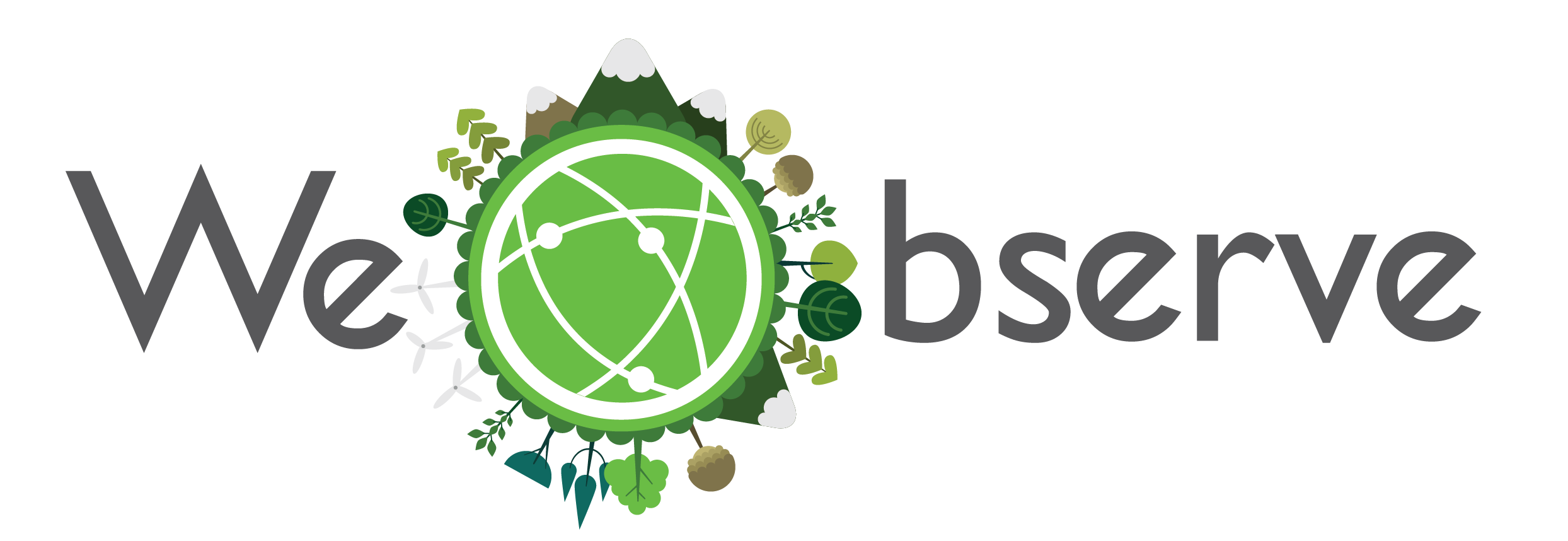Welcome to Citizen Science Projects: How to Make a Difference. This module has been designed by WeObserve, a consortium of four Citizens’ Observatories that have come together to support environmental monitoring by citizens across Europe and beyond. Please watch this video for an introduction to the course by Professor Mel Woods of the University of Dundee.
 In this course, we’ll introduce you to the WeObserve project and citizen science. We’ll show you how people around the world can collaborate to monitor changes in the environment which impact their local area and the planet.
In this course, we’ll introduce you to the WeObserve project and citizen science. We’ll show you how people around the world can collaborate to monitor changes in the environment which impact their local area and the planet.
Citizens Observatories are environmental monitoring projects that anyone can participate in, whether they have formal scientific training or not. The goal is to help collect data that will improve how we understand and manage our environment. These initiatives often use modern technology such as smartphones or sensors to report observations, and the internet to analyse the data. Citizens observatories fall into the wider category of citizen science. Citizen science covers a broad spectrum of scientific research. Members of the public (citizen scientists) collaborate with trained scientists in a range of ways – from forming the research question, and collecting the data, to data analysis, and eventually publication or policy implementation.
This course will take a hands-on approach to citizen science. You’ll be discussing some big issues in environmental monitoring with other learners as you make your way through the course. The whole idea of Citizens’ Observatories is about taking action in small steps, right where you are. You’ll have lots of opportunities to share what you’re interested in and learn from others’ experiences as we work through the course together.
Here are some of the topics we’ll cover:
With this knowledge, we hope you will feel empowered to get involved in citizen science in any way that fits your interests.
You can also join the conversation about this course on
using the hashtag #CitizenScienceMOOC.
On this course, you’ll meet many people involved with WeObserve. Your lead educators are: